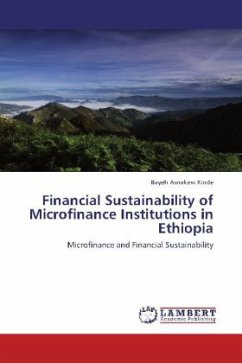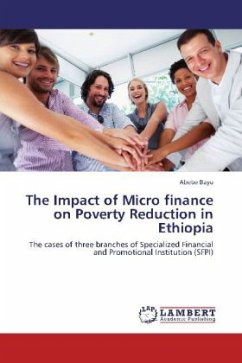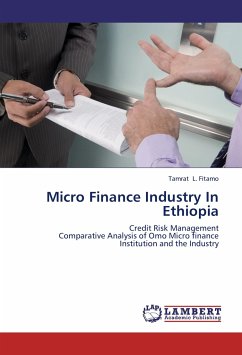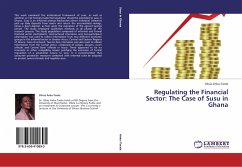Throughout the world, financial sustainability of microfinance institutions has been one of the issues that has recently captured attention many researchers due to its importance in the livelihood of microfinance institutions. The financial sustainability of microfinance institutions is a necessary condition for institutional sustainability. As it has been argued unsustainable MFIs might help the poor now, but they will not help the poor in the future because the MFIs will be gone . Moreover, it has been reported that it may better not have MFIs than having unsustainable ones. This shows how indispensable the sustainability of MFIs is, and studying factors that affect sustainability of MFIs and how MFIs can become financially sustainable becomes imperative. Thus, this study was meant to determine the factors affecting the financial sustainability of MFIs in Ethiopia.








